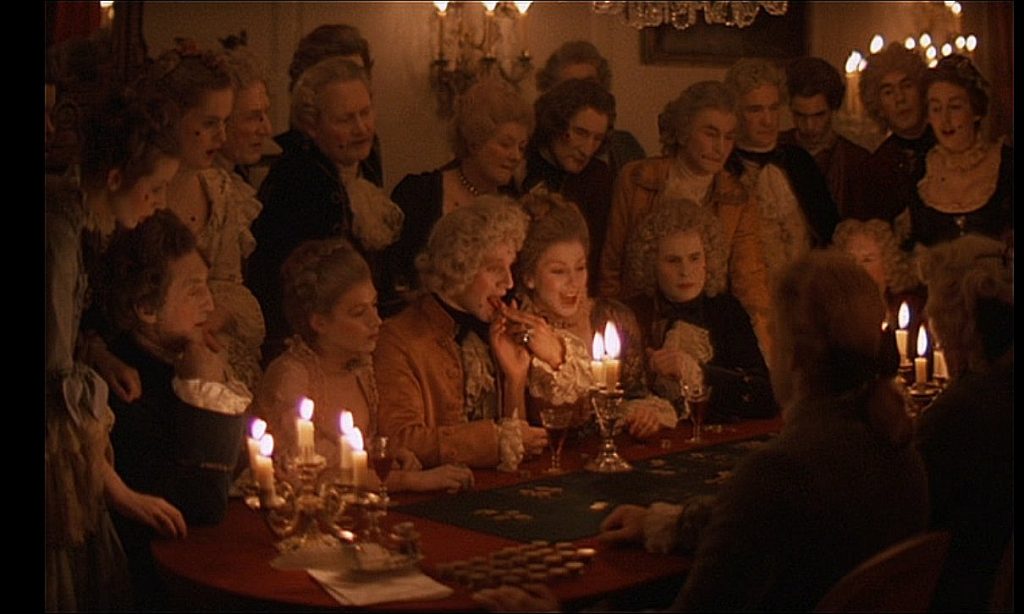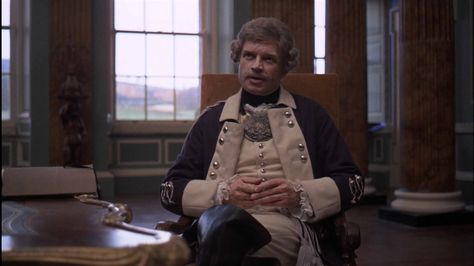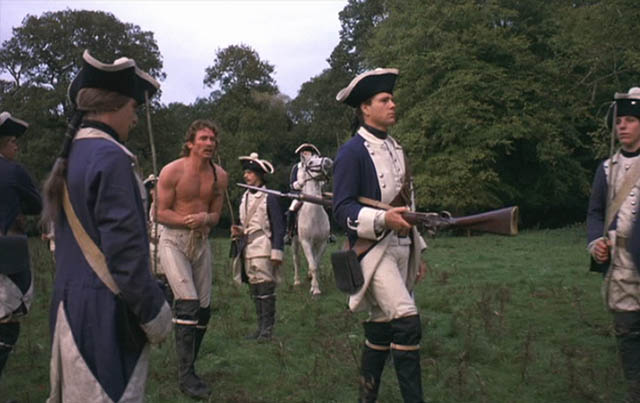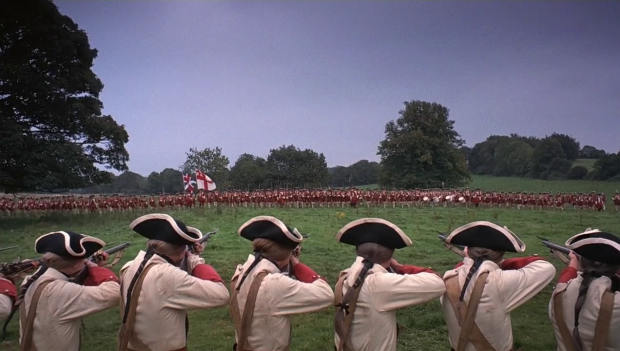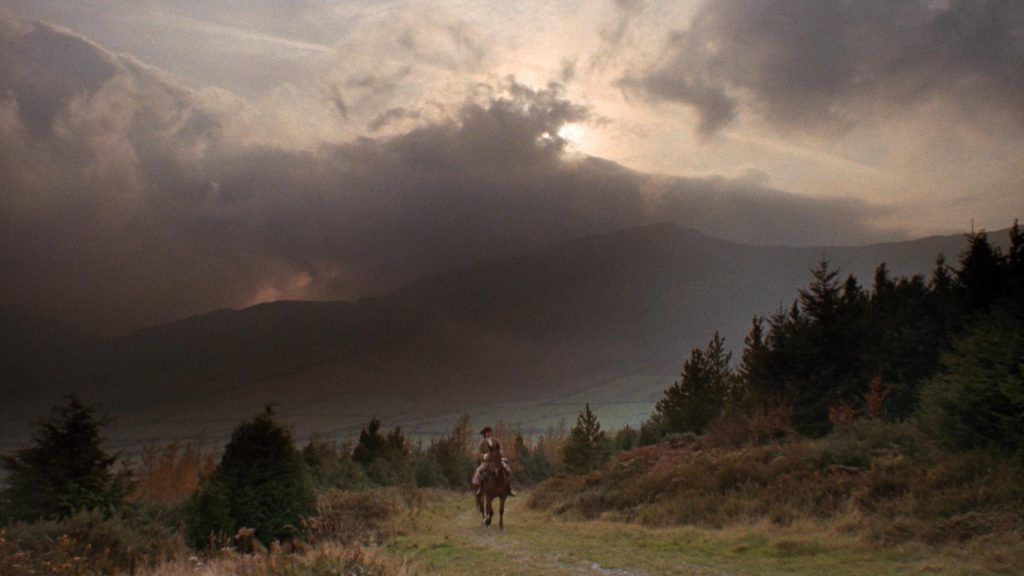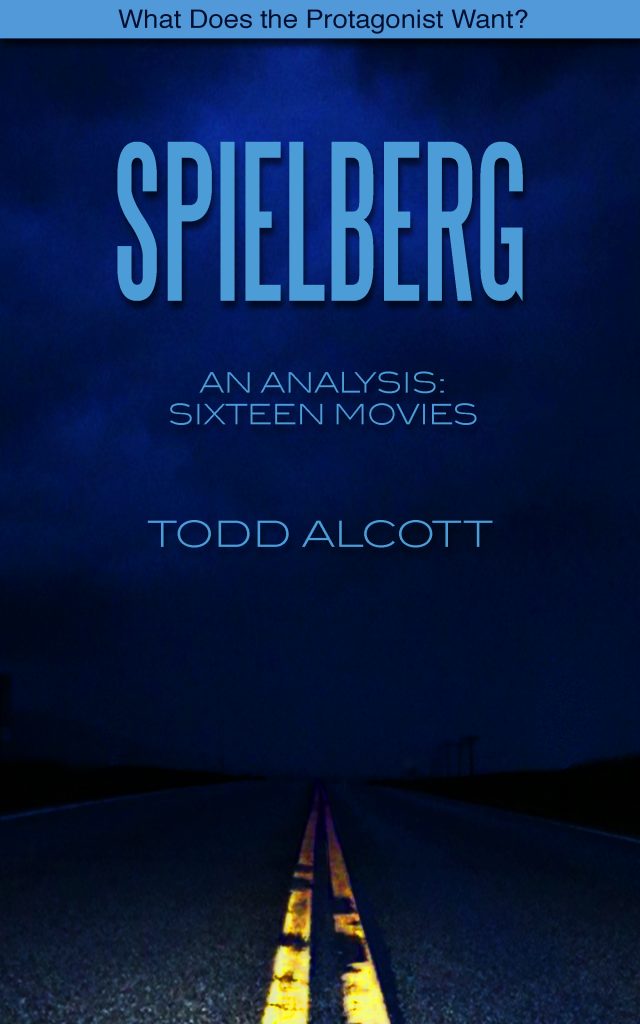My graphics business
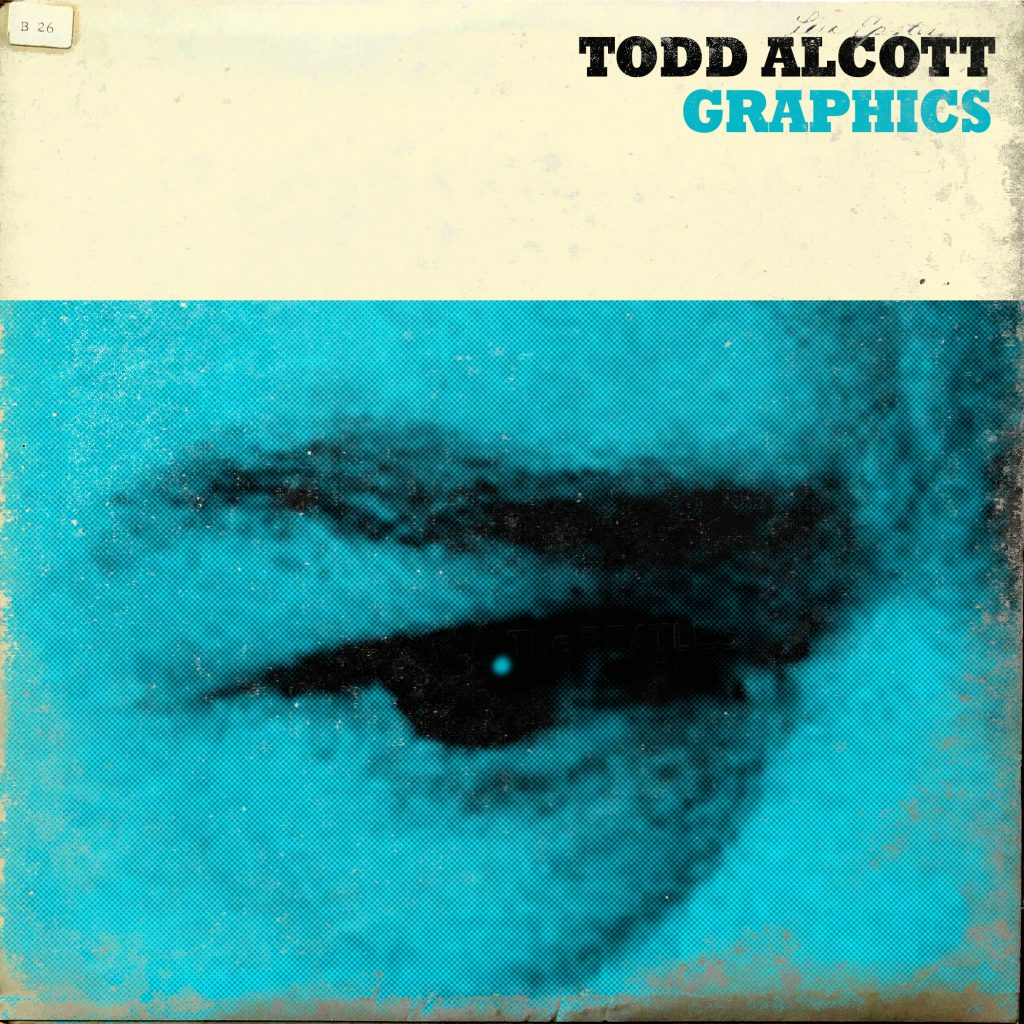
In one of the stranger twists of my career, I suddenly find myself in the graphics business.
It started out with me doing funny, cool little birthday greetings and things for friends on Facebook, and then expanded to me making funny, cool little things for the They Might Be Giants tumblr. I did that for a year or two, just to relax while writing things, mind you, and then, oddly enough, a handful of people started asking me to do posters and graphics for them, but, like, for money. And then people started asking me for prints of the funny, cool little things I did. And then just the other day John Flansburgh of They Might Be Giants just went ahead and called me up and asked me if I wanted to do their tour posters. But, like, sixty of them, including one for each venue and several general-interest posters. Which, well, I said yes, I would like to do that.
Long story short, I do these weird little Photoshop art print mashup things, you can see them at my store, see if there’s anything you like!
Kubrick: Barry Lyndon part 6
SCENE 54. Barry Lyndon now enters its sixth act. Barry has been a love-struck goon, a British soldier, a fugitive, a Prussian soldier, a Prussian spy, and is now reborn, again, as a high-society gambler. We now find him at the side of his third surrogate father, the Chevalier de Balibari, as he practices his trade of cheating at cards.
How do we feel about Barry now? We’ve just smiled at him and the Chevalier pulling the wool over the Prussians’ eyes with an Ocean’s 11-level switcheroo. Now we see him, with white-powdered face and ultra-fancy dress, helping the Chevalier con a lord who is portrayed as a simpering, preening idiot. It feels to us like Barry has gotten a leg over this business of social climbing, and if he did so by being a liar, a cheat and a thief, well, we’re okay with that, because those rich snobs deserve what they get.
Where are our themes? Well, the narrator informs us that Barry has decided, now and forever, to live life as a gentleman, and he’s now at a gaming table in a royal court, so that’s our theme of social advancement. “Living as a gentleman,” of course, means lying and cheating, which is one of the more trenchant observations of Barry Lyndon. Love enters the scene in the form of Lord Ludd, who is playing against the Chevalier under the handicap of being distracted by numerous comely young royal personages, literally nibbling their fingertips fielding multiple kisses and whispered comments while trying, not very hard, to concentrate on the game, so distracted that he misses the oldest trick in the book, the Chevalier producing a card from up his sleeve. As for violence, Kubrick puts it in the cut as this scene sets up the violence and the next one pays it off.
Kubrick: Barry Lyndon part 5
SCENE 45. Barry Lyndon now enters a transitional kind of act, where Barry transfers from father-figure Potzdorf to father-figure Balibari. He’s saved Potzdorf’s life during the war (why, we do not know) and has ingratiated himself into Potzdorf’s confidence. He declares a few times that he’s loyal to Potzdorf and the Prussian army, and it’s worth considering for a moment whether or not he’s being sincere in those moments. After all, he had no way of knowing that saving Potzdorf’s life would make his fortune. So perhaps he was merely being a decent human being, and perhaps he saw an opportunity for advancement. Which is another way of saying that, again, the three themes of the movie come together in that moment: in a moment of violence, Barry commits an act of love that is also a means to better his social standing.
In any case, here we are, it’s after the war, and Potzdorf recommends Barry for a place in the police force as a kind of 18th-century undercover officer. In one of the very few expository scenes in the entire movie, Potzdorf explains Barry’s new job to him: he is to position himself as an assistant to a local gambling figure, the Chevalier de Balibari, and find out if he is who he says he is. (It’s not made clear what the police’s interest is in Balibari, but, in addition to being a pretender — that is to say, a liar, the ultimate epithet in Barry Lyndon — he is also a card cheat. This is much clearer in the novel.) The remainder of the act is one of the few sustained plot lines in the narrative, and is almost a little 18th-century caper movie.
Kubrick: Barry Lyndon part 4
SCENE 40. So, Barry has been arrested as an impostor and is now re-born as a Prussian footsoldier. And, although it is Barry who is re-born, it is an unnamed soldier who is spanked as Barry leads him through “the gauntlet.” The narrator informs us that Barry has definitely fallen from the frying pan to the fire, that the rules of being a Prussian footsoldier are quite a bit more unfair than those of the British. The primary factoid that the narrator imparts during the gauntlet scene is that the gauntlet is a common punishment and “every officer had the right to inflict it.”
So, again, our three themes are present. Violence, here, is the first, most noticeable one, as the gauntlet of whipping goes on. Social mobility is present both “in the cut” as Barry goes from being a British officer to a Prussian footsoldier, and in his relative status to the poor guy being whipped, and in the narration as the narrator tells us that officers have “the right” to have violence inflicted on those of lower social standing for whatever reason they choose, just as kings have “the right” to push their armies across the globe to suffer and die for the king’s pleasure. Love is present in the form of Capt Potzdorf, who is on his horse (reflecting his elevated social status) in the background, overseeing the beating (beatings must be properly administered, otherwise how do offenders learn?). When I say that love is present in the form of Potzdorf, I mean that it is present in its inverse, that Potzdorf is in the narrative as an inversion of the beloved Capt Grogan, who was Barry’s father figure in the British army. Which is not to say that Potzdorf hates Barry, necessarily, only that his relationship to Barry is designed to reflect Grogan’s unconditional love.
(There is, after all, a whole other plotline present in Barry Lyndon regarding Barry’s search for a man to replace his dead father, or, rather, the manner in which the universe presents father figures to Barry for him to choose until he’s ready to become a father himself. First Grogan, now Potzdorf, and, soon enough, the Chevalier du Balibari.)
Kubrick: Barry Lyndon part 3
SCENE 25. Following some mysterious stock footage of a ship while the narrator explains the Barry is sailing to Germany to fight in the Seven Years War, midway through Act II of Barry Lyndon, we get what passes, in this peculiar cinematic narrative, for an action set piece. Barry’s regiment faces down some French troops, which the narrator describes as “a tiny skirmish, unrecorded by history.” To a present-day viewer — or to a viewer in 1975 — the sequence is mind-boggling in its cold violence. The British troops, true to the engagement strategies of the day, wear red against the greenery of the field, and march in a wide, straight line toward their attackers, who are similarly arrayed. The French soldiers mow down row after row of British troops with volleys from their flintlock muskets, as the British implacably approach.
I’m not a military historian, so the logic of this attack strategy in its context is lost to me, as it would be to any viewer in 1975, with the Vietnam war freshly over and World War II within living memory. But even the battle sequence in Kubrick’s Spartacus presents an enemy less suicidal than the British here. I’m sure strategy has been worked out on paper by generals somewhere, so many men per unit, so much ground covered in x amount of time, so many guns, so many bayonets, etc. But this is the first time in the movie that violence, on a massive scale, is recorded in closeup, and the effect is, like any classic Kubrick sequence, is both sweeping in its scale and chilling in its dispassion. You can compare the British attack on the French in Barry Lyndon to the murder of Frank Poole in 2oo1 or to the end of the world set to a Vera Lynn song in Dr. Strangelove.
Kubrick: Barry Lyndon part 2
Act I of Barry Lyndon takes about a half hour and has a total of thirteen scenes. Act II takes a little over a half-hour and twenty-six scenes — twice as many. Act I takes Barry from rash teenage hijinks to being on the run from the law, Act II takes him out of the fire, puts him, briefly, into a frying pan, and then back into a bigger fire, then puts him, briefly, into a comfy seat next to the fire, before throwing him headlong back into an even bigger fire.
SCENE 14: Barry sets out into the world. A tiny figure in a vast landscape, he heads toward Dublin and, he hopes adventure. The narrator informs us that Barry immediately forgets about Nora, for whom he threw his entire life into a cocked tricorn hat. While the circumstances of his ejection from his home may have been violent and stupid, he now feels pretty good about himself. He has 20 pounds in his pocket and is out to see the world, a young man with a toehold on social mobility.
Kubrick: Barry Lyndon part 1
At the request of absolutely no one, but on the occasion of Criterion’s release of their edition of Kubrick’s 1975 costume drama, I’ve decided to sit down and try to tackle this most perplexing and misunderstood of Kubrick’s movies.
WHAT DOES THE PROTAGONIST WANT? Redmond Barry, as he is known in the first half of the movie, is torn between two conflicting desires. At the one end is “love,” which he desires strongly, and at the other end is “social mobility,” which, as life inflicts itself upon him, he gradually comes to desire more and more.
Kubrick lets us know, before the movie even starts, that his subject here is social mobility. A title card announces that the first half of the movie will tell us how Redmond Barry, local nobody, gradually comes to be known as fabulously rich guy Barry Lyndon. As the narrative unfolds, we see how the conflicting impulses of love and social mobility come to define Barry’s journey, and how the ever-present threat of violence serves as a kind of lubricant for both desires.
Spielberg
My new volume of analysis, the double-sized, sixteen-movie volume on the films of Steven Spielberg, is now available for humans with eyeballs to read at Amazon.
Amazing at it sounds, Spielberg remains one of the most misunderstood, and underrated, directors of our time. If you’ve ever dismissed Spielberg, or thought “What’s the big deal?” or hated him for his whatever you hate him for, this volume will shed new light on his work. And if you’ve always liked his work but didn’t know why, this book will also shed new light on his work. And if you’ve always loved his work, this book will still shed new light on his work. Guaranteed.
